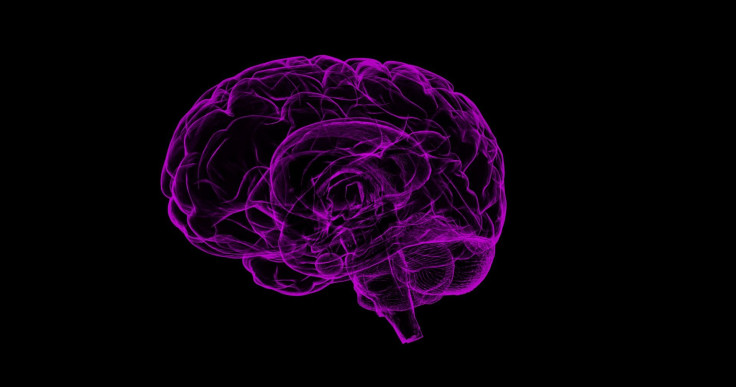Viruses like SARS-CoV-2 Can Cause Brain Cells To Fuse, Trigger Chronic Neurological Symptoms
A team of researchers from the University of Queensland has discovered that viruses like SARS-CoV-2 can cause brain cells to fuse, which leads to chronic neurological symptoms.
While investigating how viruses impact the mechanisms of the brain, the team, led by Ramon Martinez-Marmol from the Queensland Brain Institute, observed that the infected neurons fused together. This resulted in either synchronized firing or complete loss of function, as per the study findings published in the journal Science Advances.
COVID-19 can cause confusion, loss of consciousness, seizures, stroke, loss of smell and taste, headaches, trouble focusing and even changes in one's behavior. Other effects on the brain can include severe infection, an exaggerated immune response, overall physiological disruptions and abnormal blood clotting, according to Johns Hopkins Medicine.
Interestingly, the study sheds light on yet another challenging condition that COVID-19 or other viruses bring forth.
In the findings, study co-author Massimo Hilliard likened neurons to the wires connecting switches to kitchen and bathroom lights. When fusion occurs, both lights either turn on together or stay off, disrupting their separate circuits.
This discovery provides a possible explanation for why people experience long-lasting neurological symptoms after viral infections. Martinez-Marmol noted that while cell death and inflammation are known outcomes of viruses entering the brain, the research pointed to another potential issue: cell fusion in brain cells after contracting other viruses like HIV, rabies, Japanese encephalitis, measles, herpes simplex virus, and Zika virus can lead to comparable issues within the nervous system.
Researchers believe this newly discovered mechanism provides important insights into the development of neurological diseases and their associated symptoms, which are not well understood.
The study took on a collaborative approach, with experts like Lars Ittner, Yazi Ke, Giuseppe Balistreri, Kirsty Short and Frederic Meunier contributing to a comprehensive exploration of the topic at hand, according to Science Blog.

Published by Medicaldaily.com



























